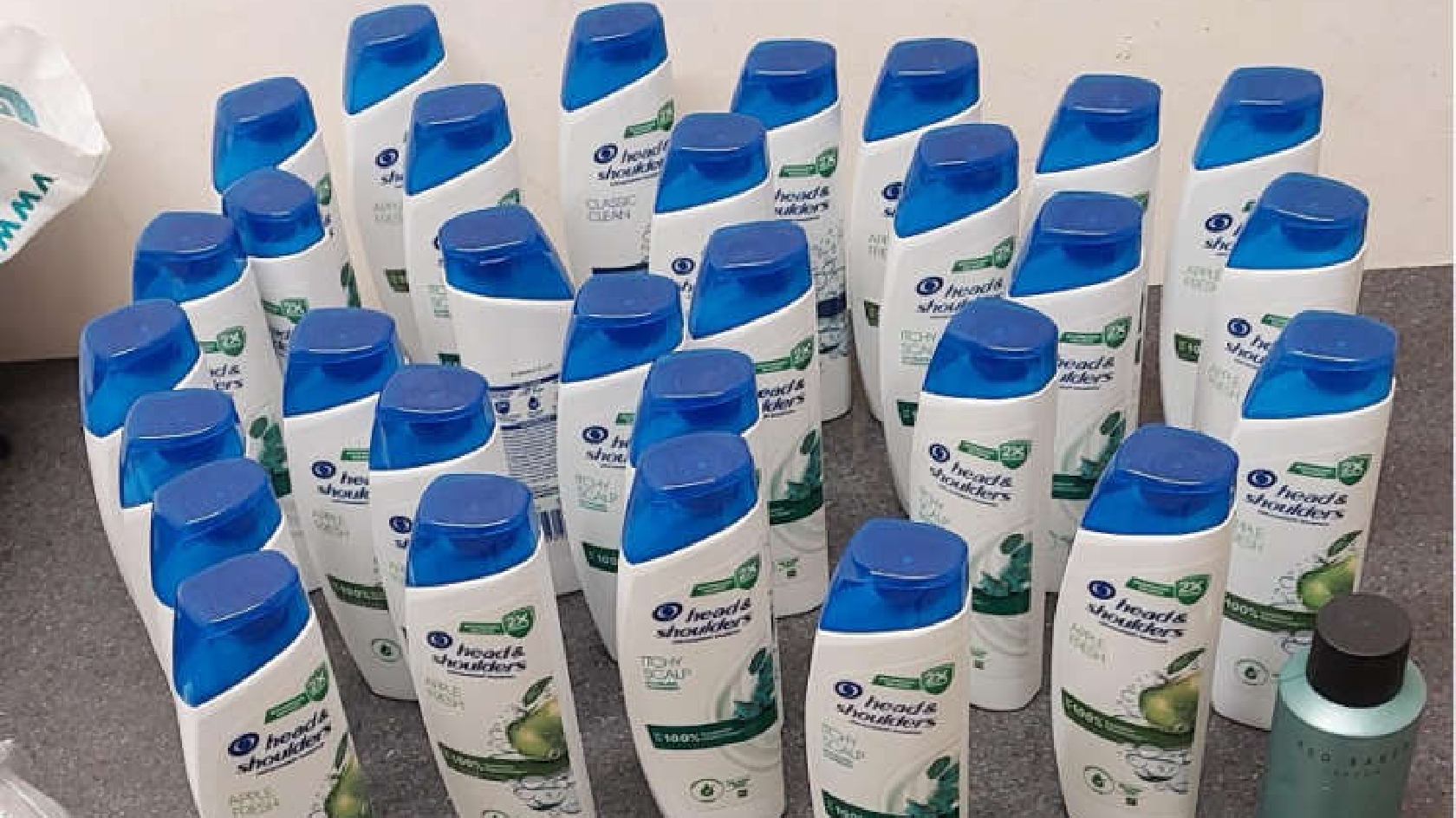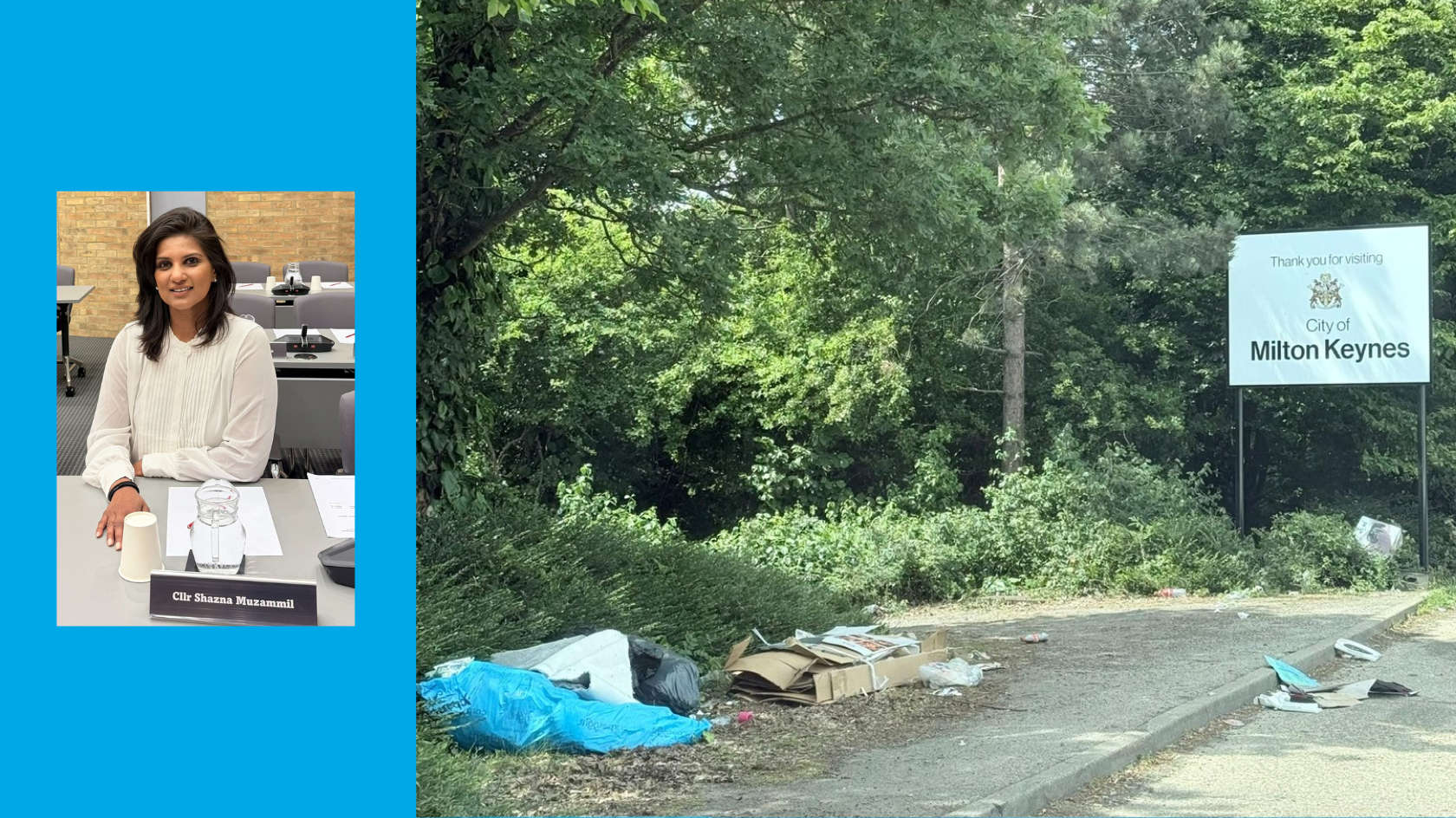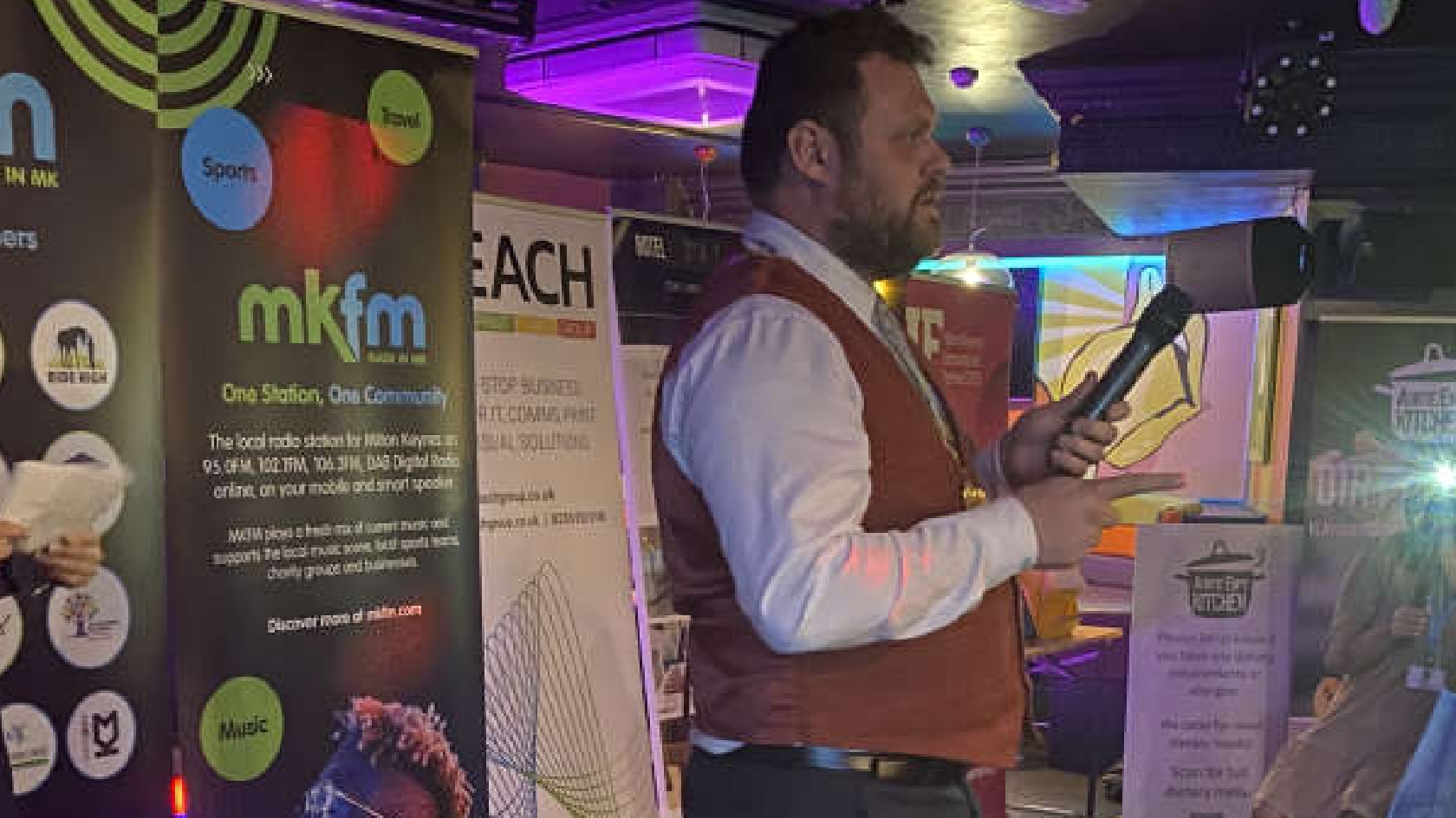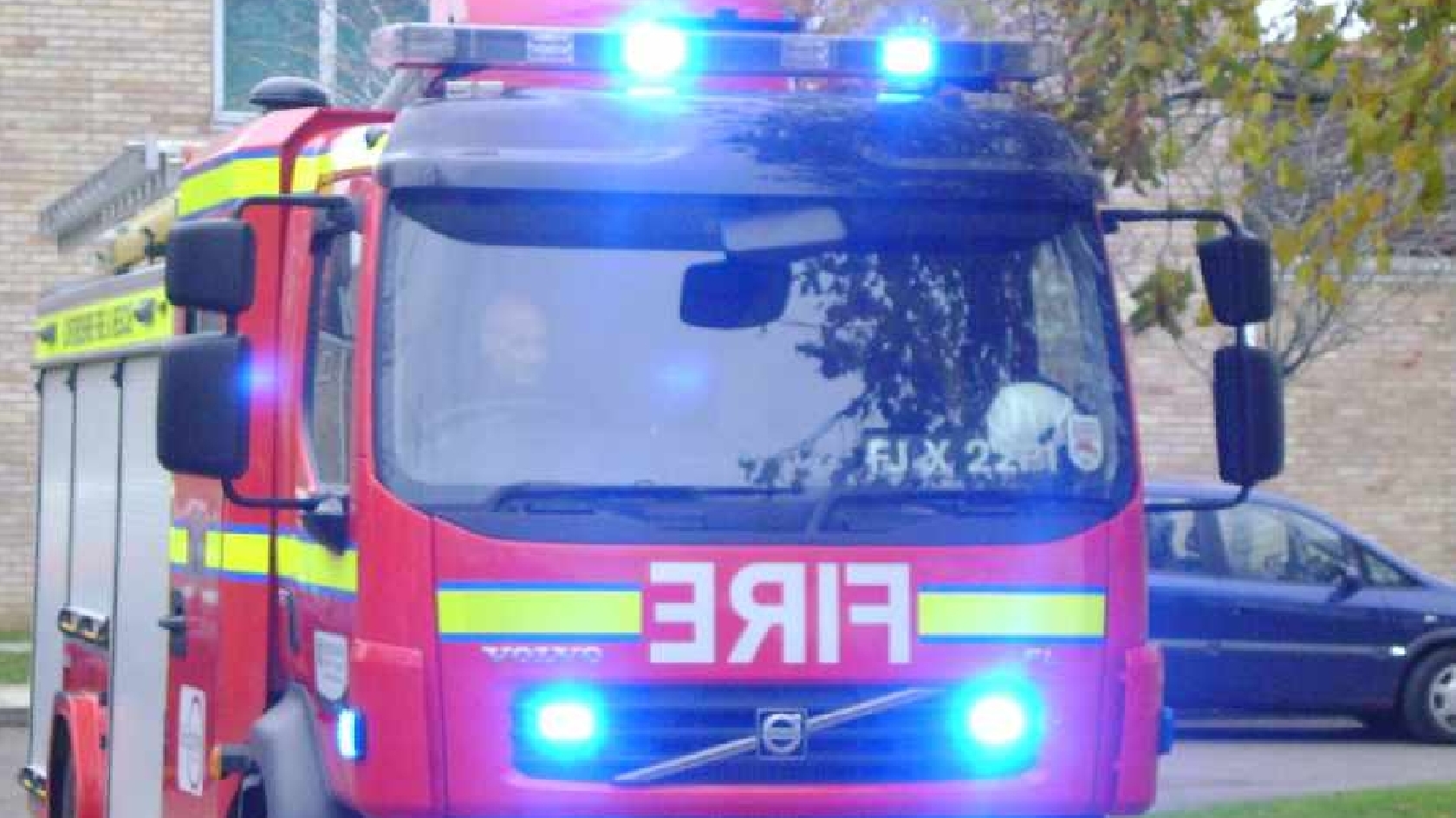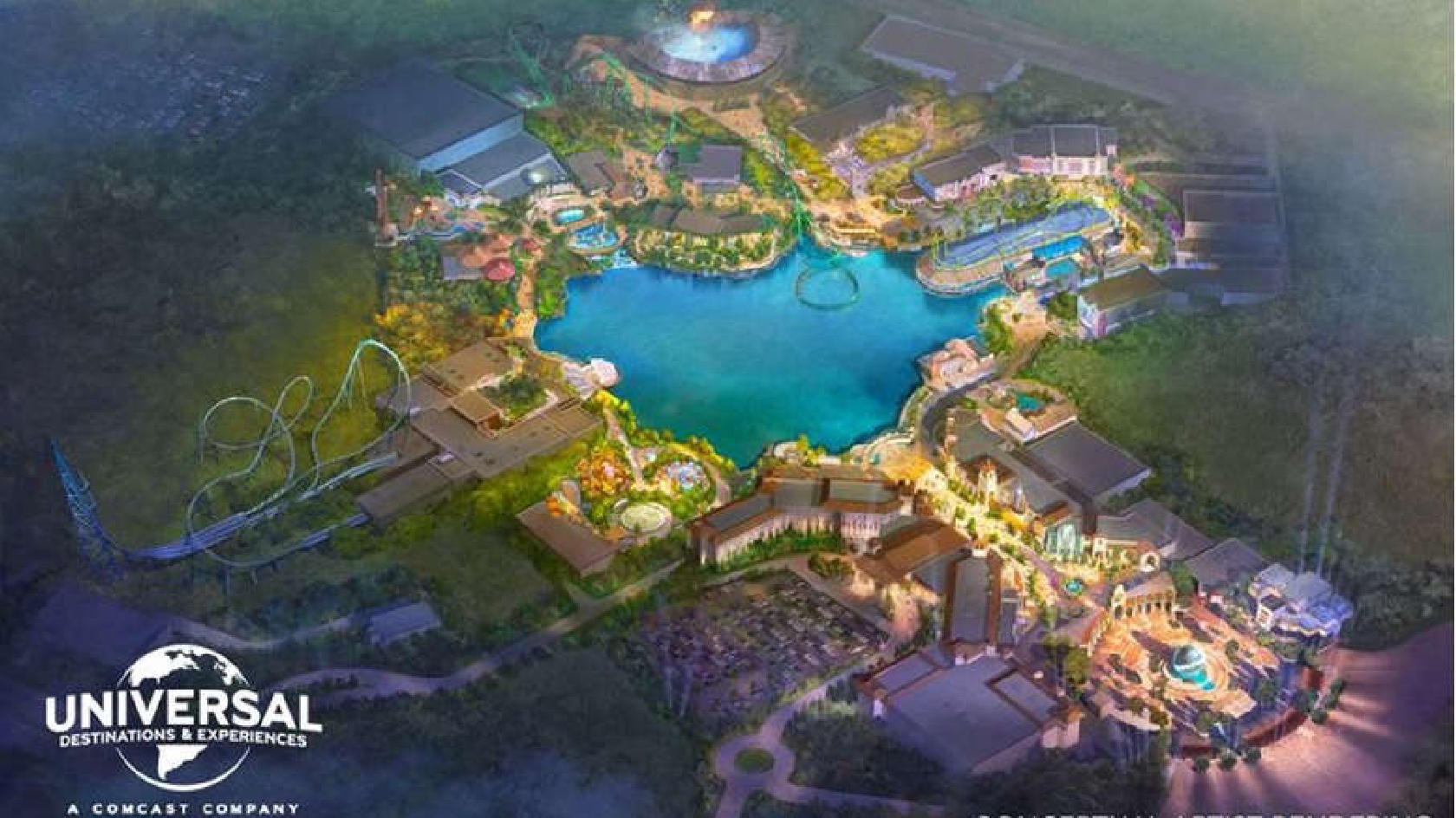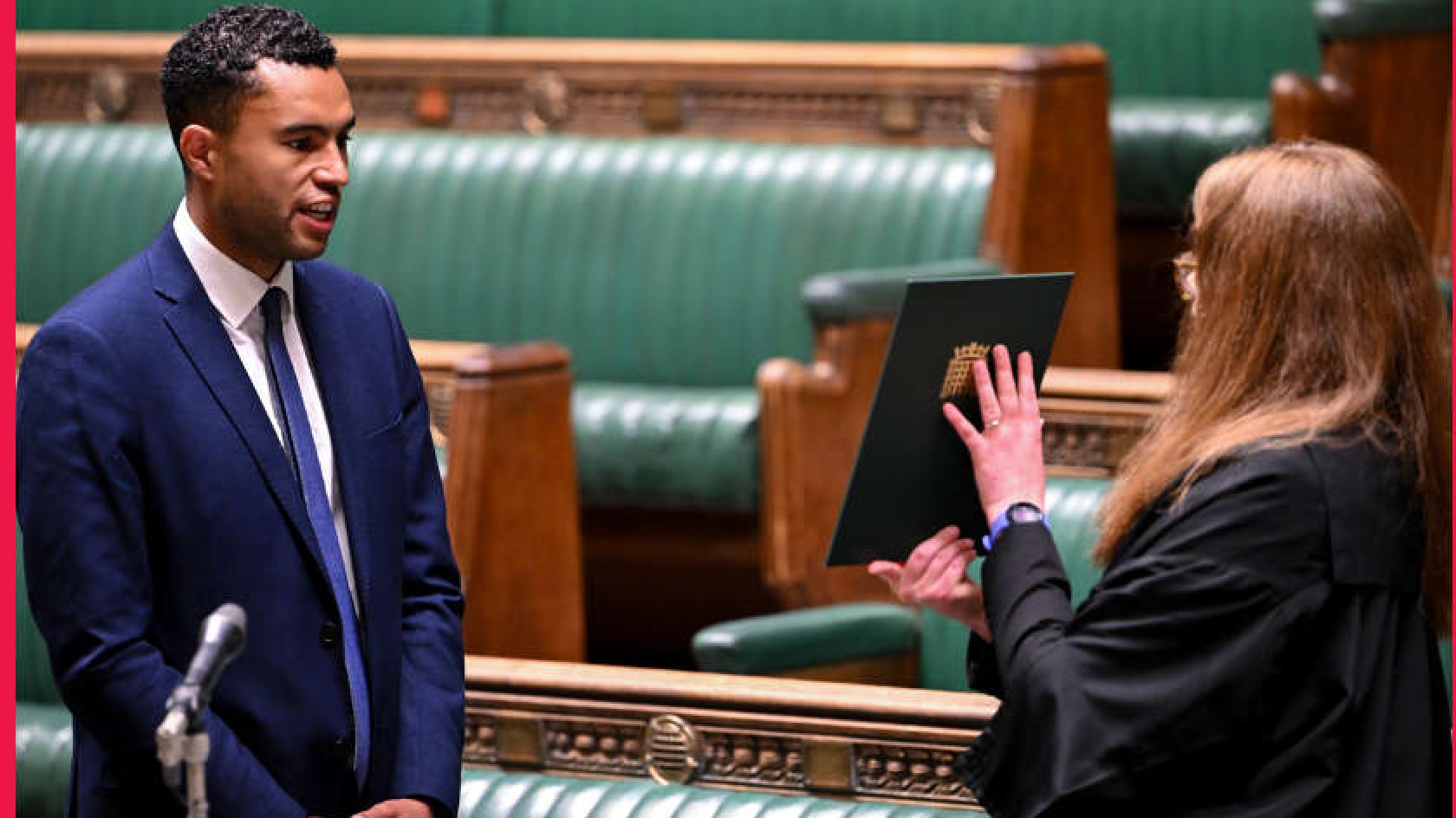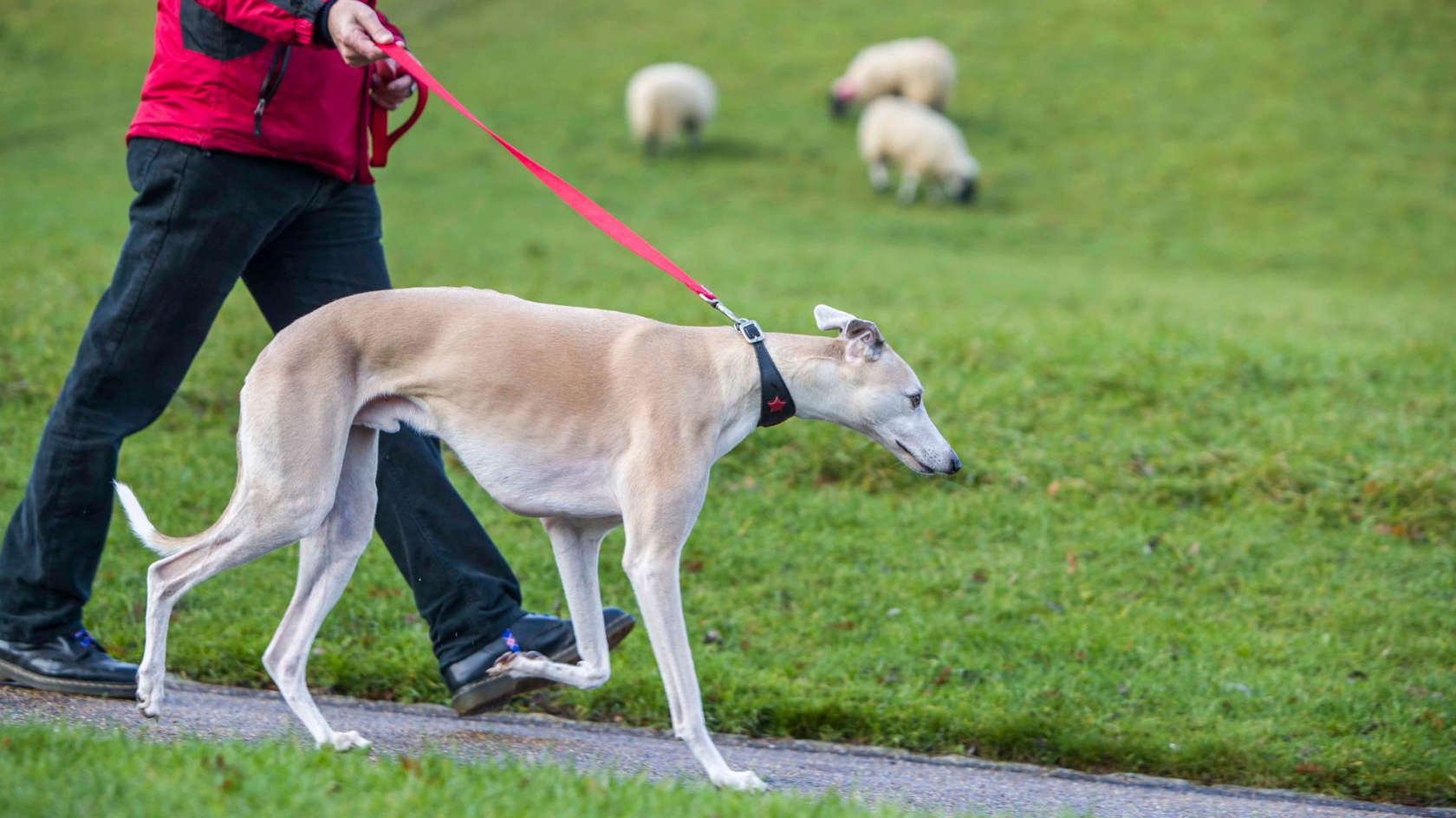
The Parks Trust has issued a reminder to dog walkers for responsible dog walking. This comes after a recent attack on grazing livestock which has sadly resulted in one of their sheep having to be put down.
Even the most well-behaved dogs can surprise their owners by chasing after sheep in the parks, which is a criminal offence. To help keep the livestock safe, please keep dogs on leads in all livestock grazing areas - currently Woughton on the Green, Stanton Low, Manor Farm, Wolverton Mill and Simpson Warren.
Being responsible when you’re out and about with furry friends helps to keep local green spaces safe and enjoyable for all. What’s more, careful dog walkers play an important part in protecting the thousands of animals, trees and plants that call the parks home.
So, what does it take to be a responsible dog owner? Here’s some simple guidance from the Trusts’ expert Park Rangers:
- On walks, keep your dog always close by and under proper control.
- Where designated, keep your dog on a lead.
- Clear up and dispose of your dog’s waste correctly.
- Respect grazing livestock – they can be unpredictable.
- Be aware that in Spring and Summer, some birds nest on the ground so don’t let your dog disturb or damage eggs.
- Control your dog near ponds and lakes – there can be hidden dangers in these sensitive ecosystems.
- Not everyone is a dog lover, so be sensitive to other park users.
- Keep dogs out of play areas.
- Provide fresh water for your dog to drink during and after a walk.
Specific restrictions may change throughout the year, depending on the seasonal needs of wildlife. Generally, information can be found on parkland signage, noticeboards, social media and theparkstrust.com.
Following guidance such as this ensures that all park visitors can enjoy a safe and happy time in Milton Keynes’ beautiful green spaces.
Did you know? The Parks Trust use grazing sheep and cattle to help maintain wildlife habitats. Doing so creates better conditions for wildflowers which in turn attract many pollinating insects such as butterflies, bees and hoverflies as well as larger animals and birds. Without grazing livestock, heavy machinery would be more regularly needed to mow the grass and to remove the cuttings - if the cut grass is not removed, the nutrients enrich the soil and promote stronger grasses that would outcompete the wildflowers.
To find out about how The Parks Trust care for the local landscape, visit theparkstrust.com/landscapemanagement



